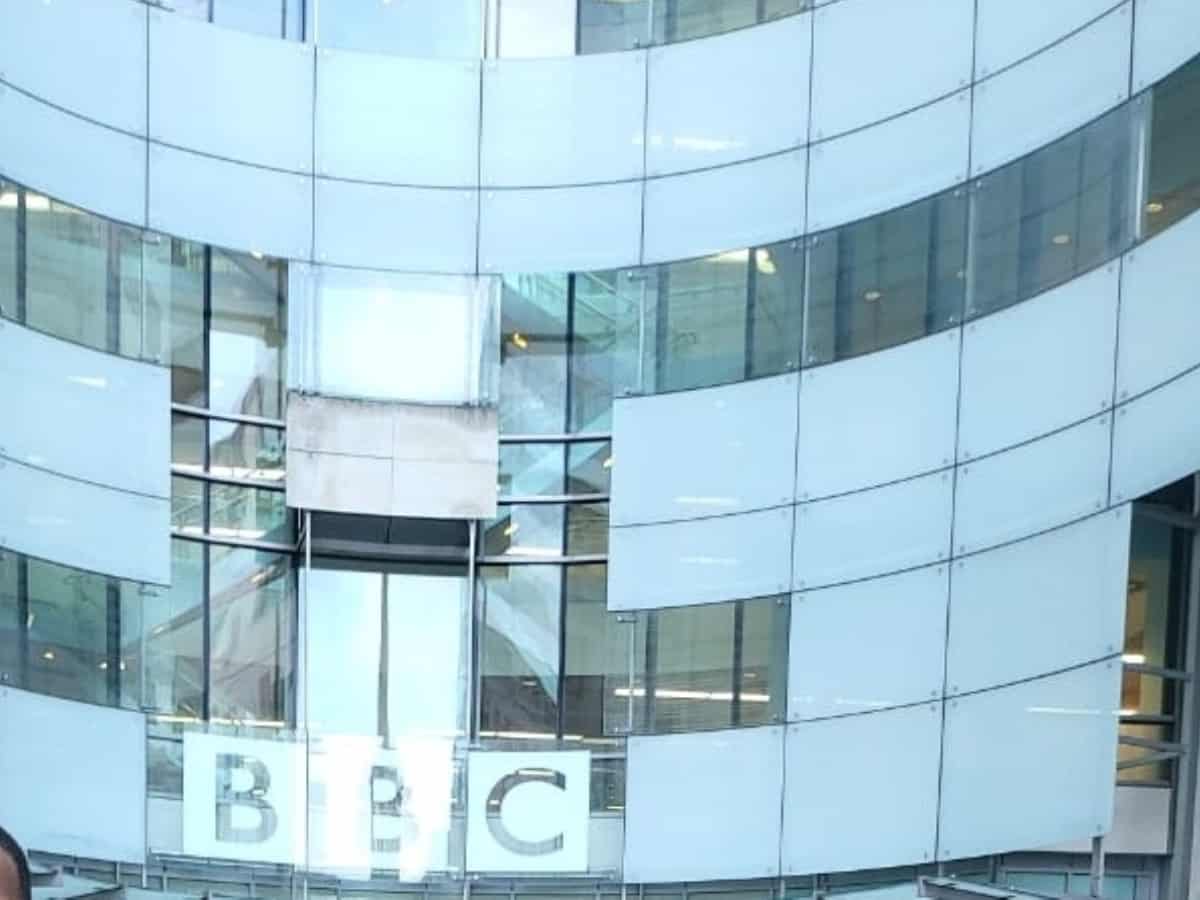
New Delhi: An NSUI leader debarred by the Delhi University over his alleged involvement in the screening of a controversial BBC documentary on 2002 Gujarat riots on Wednesday urged the Delhi High Court to permit him to submit his PhD thesis before the retirement of his supervisor on April 30.
While senior advocate Kapil Sibal, appearing for the PhD scholar and NSUI national secretary Lokesh Chugh, apprehended that the varsity will later “appoint a supervisor of its own choice” if interim relief was not granted, counsel for the varsity M Rupal stated no prejudice would be caused and an interference by court will send a “wrong message”.
Justice Purushaindra Kumar Kaurav was informed that the petitioner has completed all formalities and was bound to appear for viva, and that the university should assure that post the retirement of the present supervisor, one of the “advisors” who had worked with the petitioner on the thesis would replace him.
Attorney General R Venkataramani, also representing the university, urged the court to defer hearing in the matter as he was appearing in a constitution bench hearing before the Supreme Court.
Rupal said the petitioner’s thesis and the role of his supervisor was over and that if he succeeds in his case here, it would be processed as per procedure and there was no urgency in the matter.
“A wrong message will go. They are alleging urgency without showing the rules. There is no impediment,” he contended.
“Even if the supervisor retires, it will not come in the way. The department continues,” added the lawyer.
After being informed that the petitioner’s thesis was “returned” by the authorities post submission on account of the debarment order, Justice Kaurav directed that the matter be listed for further consideration on Thursday.
The judge observed that no prejudice should be caused to the petitioner when the matter is pending before the court.
The petitioner had approached the high court earlier this month challenging the university’s decision to debar him for one year for his alleged involvement in the screening of the documentary – India: The Modi Question – related to the 2002 Gujarat riots.
The documentary was screened earlier this year.
The Delhi University (DU) registrar had issued Chugh a memorandum in March under which he was not allowed to take part in “any university or college or departmental examination for one year”.
The varsity has opposed the plea against the debarment order, saying the petitioner indulged in gross indiscipline which tarnished the image of a premier educational institution.
The university, in its reply filed to the petition, said it acted on the basis of a newspaper report on “banning the BBC documentary” and several persons, including the petitioner, assembled on the campus to screen the documentary in violation of Section 144 (issuance of prohibitory orders) of Code of Criminal Procedure imposed by police authorities.
The petitioner, has claimed in his plea, that he was not involved in the screening, and to his knowledge, there was no prohibition on the screening of the documentary.
But the DU has said that instead of concentrating on his research, the petitioner was “instrumental in inciting other students and indulging in petty politics”, which was detrimental to discipline and was causing disruption in academic functioning.
The reply said after watching the videos, a committee constituted after the incident “found that the mastermind of the agitation was the petitioner” and he was seen “actively being part of the unlawful assembly”.
The Centre had issued directions for blocking multiple YouTube videos and Twitter posts sharing links to the BBC documentary, which was described by the Ministry of External Affairs as a “propaganda piece” that lacked objectivity and reflected a colonial mindset.
In its reply, the Delhi University also stated that the debarment decision was legally valid and as per the law relating to disciplinary proceedings.
The university also opposed the petitioner’s claim of violation of natural justice and asserted that before the imposition of the punishment, he was issued a show-cause notice and was also granted a personal hearing by the disciplinary committee.
The recommendations of the committee were placed before the competent authority, that is, the vice chancellor, who passed the debarment order on March 10, informed the reply.
The petitioner, represented by lawyer Naman Joshi, has claimed in his plea he was not present at the site of the alleged screening and that the authorities had acted against him with a “premeditated mind”.
